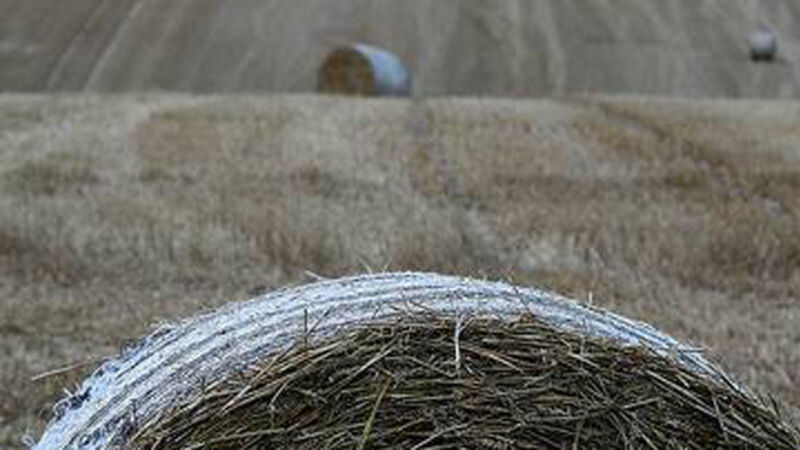JEEPA is good news for EU farmers but it takes six years

Agreement in principle on the main elements of the Japan-EU Economic Partnership Agreement (JEEPA) promises easier access for the EU to its fourth biggest market for agricultural exports.
EU agricultural exports to Japan are worth more than 20 times those of Japan to the EU, despite European firms facing trade barriers when exporting to Japan.













